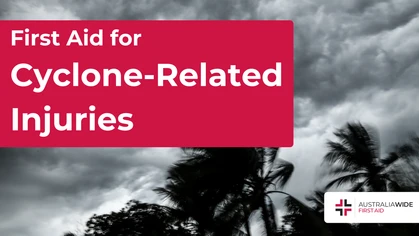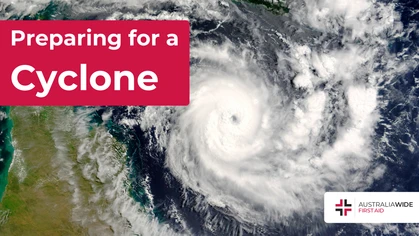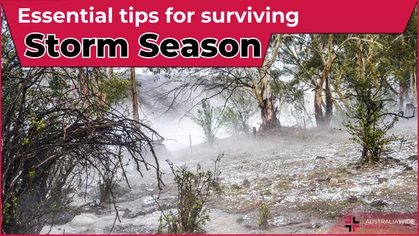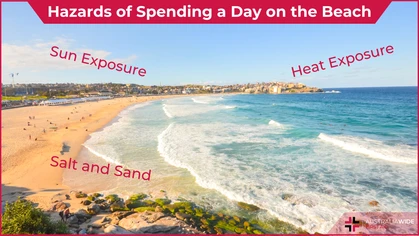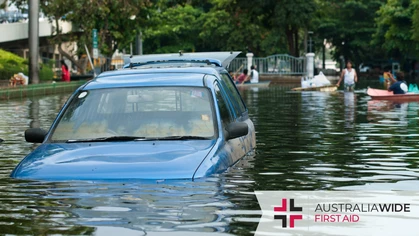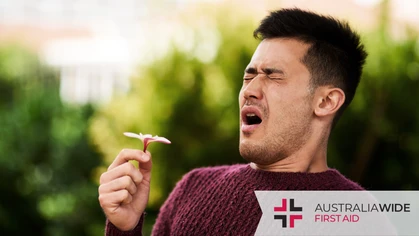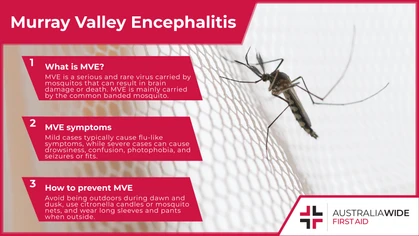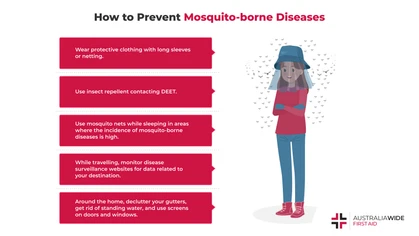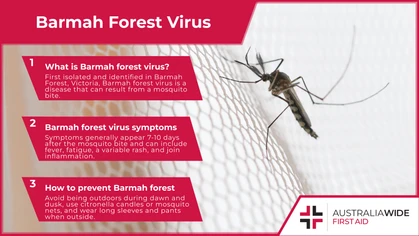Road Safety: Christmas Holidays

Seasonal Concerns
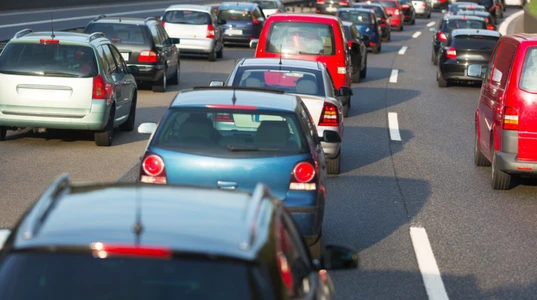
People hitting the road to attend Christmas parties
This time of year is one of the most high risk times on Australia Roads with many people hitting the road to attend Christmas parties, end of year celebrations, and heading towards the coast for a well-deserved break. Driver's must remember that travelling during holiday periods can be more risky because of increased traffic volumes, congestion, tiredness, people driving in unfamiliar environments, and a higher number of people who are driving under the influence of alcohol.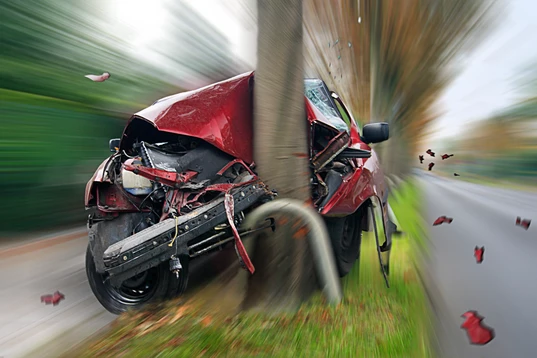
Christmas period
Unfortunately, road accidents and fatalities over the Christmas period are often significantly worse than the rest of the year. Tragically, a percentage of these accidents and fatalities are often preventable. Before you, your family and friends get behind the wheel this festive season (or any time of the year) make sure you are ready, and able, to drive. As Christmas is often a time for travel, particularly long distances to reach family and friends, Australia Wide First Aid have highlighted a few tips for safe driving this festive season:- Plan Ahead and Be Flexible. Before you get into your vehicle and onto Australia's highways, take the time to plan your trip. Plan which route you are going to take and identify the places you are going to stop and rest along the way. If possible, plan to travel in non-peak traffic and congestion times, and do not plan to drive for more than 2 hours without a break. Take the time to recover at your rest spots.
- Be Alert to Changes. Check relevant traffic and travel information when you plan your Christmas/Holiday road trip. This may help you plan a route around traffic congestion and road works.
- Drive to the Conditions. "Conditions" doesn't just mean the weather conditions. Also take into account the traffic conditions, speed limits, state laws, the children in the car, and your ability to drive.
- Be Aware of Fatigue. Tiredness is a major cause of fatal accidents on Australian roads. At this time of the year, many people are driving long distances on unfamiliar roads. You may choose to leave in the early hours of the morning to avoid traffic, which means you are driving when your body is programmed to sleep. Australia Wide First Aid advises you not to drive when you would otherwise be sleeping. Fatigue will set in, and the only cure is sleep.
- Identify the Safest Route, not the Fastest. Some routes are safer than others. Take into account hazards such as trees, ditches, narrow shoulders, pot holes and dirt roads. These hazards can contribute to the accident risk. Don't forget to take extra caution on higher risk, rural roads.
- Before you Travel. Check your vehicle including tyre tread, and pressure, lights, brakes, engine oil, coolant and power steering fluid. Consider getting a car service before you head off for your journey.
- Check your Trailers and Caravans. Ensure all attachments including chains and plugs are secure. If you are pulling an open trailer, make sure everything is tied down.
- Be Patient. Holiday driving can be frustrating with busy roads and potentially slower sightseeing travellers. Fellow cars could also be full of impatient children asking "Are We There Yet?". Be courteous and patient and don't be provoked by other driver's aggressive behaviour.
- Buckle Up Safely. Seat belts save lives. It is as simple as that. If you are driving, it is your responsibility that every passenger is buckled up before you start the engine.
- Remember, You are Sharing the Road. Traffic volumes undoubtedly increases during the holiday season. As it is a time for holidays, there are often larger, slower vehicles in addition to those towing trailers, caravans and camper-vans. Always follow at a safe distance and don't over take unless it is guaranteed to be safe, preferably using an overtaking lane.
Originally published at
https://www.australiawidefirstaid.com.au/resources/road-safety-holidays
as part of the Australia Wide First Aid Articles Library
